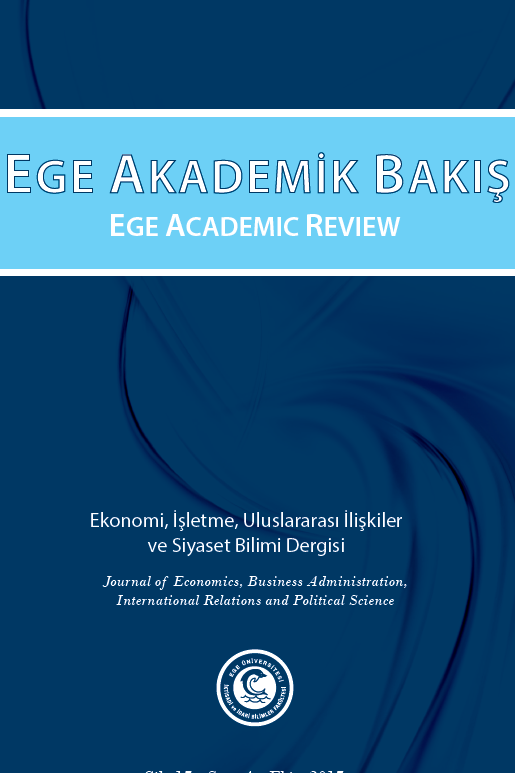Sanctions and the Russian Federation's Economy: A Systematic Literature Review and Analysis of Global Energy Sector
Sanctions and the Russian Federation's Economy: A Systematic Literature Review and Analysis of Global Energy Sector
The current paper examines how sanctions implemented by a number of countries, particularly the United States (US), the European Union (EU), and the United Kingdom (UK), have affected the Russian Federation's economic and global energy sectors. The data demonstrates how the sanctions have impacted Russian Federation's economy and global energy sector. Because of the steep rise in oil, natural gas, and food costs, Russian Federation special military operation to Ukraine is steadily raising inflation, which has wrecked most worldwide economies. Due to political dangers, this situation is anticipated to outcome in greater global economic uncertainty, unpredictably high stock prices, supply chain disruptions, expensive bills, and a drop in investment. As a result, if Russian Federation responds by banning exports of critical global commodities, such as oil, natural gas, wheat, minerals (such as neon, titanium, palladium, and ammonium nitrate) for clean energy, it will be critical for the forecasts to intensify and many countries to seek ways to live economically. In this context, the study will attempt to highlight the importance of oil, natural gas, and other significant minerals for both Russian Federation and the global economy, as well as the effects of sanctions within the global energy sector.
Keywords:
sanctions, economic impact, energy,
___
- Artuc, E, G Falcone, G Porto and B Rijkers (2022), “War-Induced Food Price Inflation Imperils the Poor”, VoxEU.org, 1 April.
- Astrov, V., Grieveson, R., Kochnev, A., Landesmann, M., & Pindyuk, O. (2022). Possible Russian Invasion of Ukraine, Scenarios for Sanctions, and Likely Economic Impact on Russia, Ukraine and the EU. Policy. 1-28.
- Bachmann, R., Baqaee, D., Bayer, C., Kuhn, M., Löschel, A., Moll, B., ... & Schularick, M. (2022). What if? The economic effects for Germany of a stop of energy imports from Russia (No. 36). ifo Institute-Leibniz Institute for Economic Research at the University of Munich.
- ISSN: 1303-099X
- Yayın Aralığı: Yılda 4 Sayı
- Başlangıç: 2000
- Yayıncı: Ege Üniversitesi
Sayıdaki Diğer Makaleler
Rethinking the division of labor in IR: ‘critical’ and ‘problem-solving’ theories
A Web-Based Expert System Application for Working Capital Management
Status Consumption and Negotiation of Tastes: Anchoring on Ethnic Capital
Ayşe KARAÇİZMELİ, Ayla ÖZHAN DEDEOĞLU
Youth not in Employment, Education, or Training (NEET) in Turkey: A Regional Analysis
Mehmet Ozan ÖZDEMİR, Kivilcim METİN OZCAN, Şenay ÜÇDOĞRUK
Nurcan KİLİNC ATA, Nail ISMAİLOV, Irina VOLKOVA
Effects of Geopolitical Risks on Countries’ Trade Flows: A Nonlinear ARDL Analysis
Bircan GÜNER, Gamze GÜNER KİBAROĞLU, H. Nejat BASIM
An Economic Analysis on the Use of Resources Allocated for Defense: An Empirical Study on Turkey
